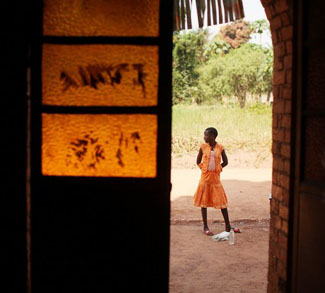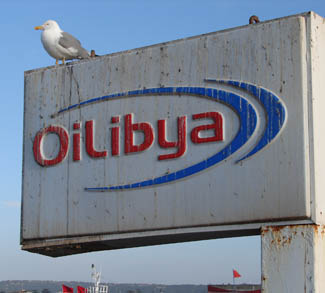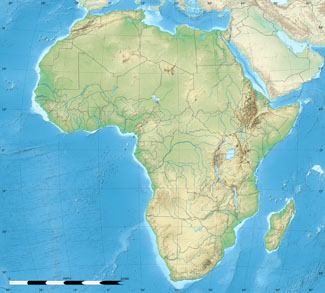There has been a military coup in Mali. On the 22nd of March, military officers arrested the president, suspended the Constitution, and imposed a curfew without any resistance. The troops responsible for protecting the institutions were complicit in the coup.
While it is not clear what the officers want as they appear to have no ideological pretensions, the coup is a response to what the army perceives as an ineffective campaign to confront the Azawad rebellion in northern Mali, led by the MNLA (an ethnic Touareg group demanding autonomy from Mali). The MNLA has been especially active in since the end of 2011 as thousands of Touareg returned from Libya where many of them were living. The Qadhafi regime had guaranteed a form of stability in the southern Sahara but its demise and the outflow of weapons from the arsenals of the collapsing regime have fueled instability.
In view of the explicit reasons for the coup, the military coup leaders can be expected to intensify the military campaign against the MNLA and the ethnic Touareg population in the north, which could set off a domino effect in neighboring Niger and Mauritania (as well as Burkina Faso, Ivory Coast, Algeria, Libya and Morocco), where there are large concentrations of Touareg.
The coup generates considerable business risk as well, especially in the mining sector. Mali aspires to become one of the world’s leading gold producers. Mining giants such as AngloGold Ashanti Ltd. (ANG) and Randgold Resources Ltd. (RRS) have significant operations in the country. However, to their benefit, gold is largely extracted in the south, which is unaffected by the rebellion in the north. Canadian AVion Gold and Iamgold are also operating in Mali. Other Canadian mining companies are indirectly exposed to the intensified Mali risk. They include Kinross which has commitments in Mauritania, LaMancha, which operates in Ivory Coast and Semafo, which still has opeartions in Niger.
The greatest risk is to mineral companies operating in and around the Taoudeni basin, which is in the very region seeking autonomy from Mali and the area most exposed to the MNLA rebellion. The Basin is believed to be rich in oil as well as other resources. Petroplus and Simba energy are among those operating in the area. The rebellion has already forced the displacement of thousands of residents and the new leadership in Bamako appears ready to intensify military activity. Geopoliticalmonitor.com’s security report on the Sahel region and the related investment landscape report, available for download here, explore this important area in greater detail.
Alessandro Bruno is a contributor to Geopoliticalmonitor.com



